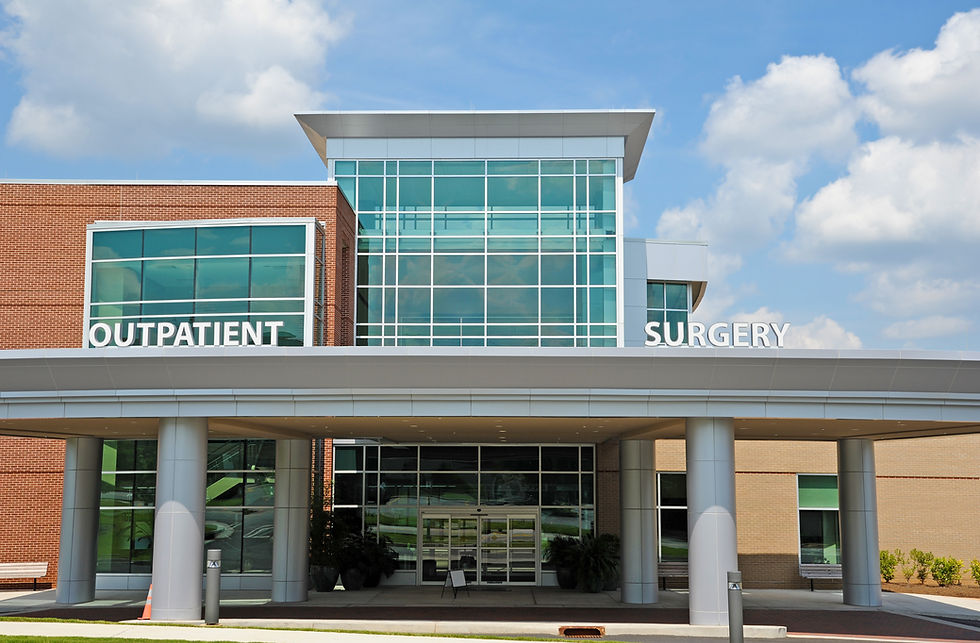Driving Digital Transformation In Healthcare Services
- David Walcott
- Dec 22, 2021
- 3 min read
How Novamed partnered with the Development Bank of Jamaica to drive digital Transformation in Jamaican Healthcare

Healthcare in emerging markets is often highly inefficient & ineffective given limited resources
More than half of the global population resides in emerging markets.1 The resources required to provide healthcare in these and other low- and middle-income countries means that patients are often left with high out-of-pocket costs. While some emerging markets have made significant strides in expanding coverage and access, the World Health Organization (WHO) estimates about 12 percent of people globally spend more than 10 percent of their household income on healthcare, and about 100 million people per year are still being pushed into extreme poverty by financing their own care.2 Although these challenges are also encountered in more developed markets, low- and middle-income countries must often overcome them with fewer resources and weaker infrastructure.
Approximately 20% of Jamaicans have health insurance, leaving the other 80% to either go without or rely on the public system; most of which the highest form of rural healthcare is an underdeveloped, understaffed, and low-source clinic. Even with the University Hospital of the West Indies’ extension of surgery hours in 2016, there are still approximately over 20,000+ per year of high- risk surgery cases that are in backlog in the public healthcare space. For that reason, of the 20% (~600,000) of Jamaica’s population that can actually afford healthcare, less than 1% (~24,000) are from rural/low-income populations.
We believe that technology can assist with improving healthcare in emerging markets across access, cost & quality
Technology has helped to address challenges related to access and efficiency in emerging markets across a number of industries, such as banking, retail, and hospitality. The health sector is no exception as technology has contributed to improved care quality, safety, life expectancy, treatment adherence, efficiency and collecting and processing actionable data.9 Technologies like mobile health (mHealth) have created new avenues to access health information and care for vulnerable and hard-to-reach populations, while developments in point-of-care diagnostics have led to opportunities for earlier diagnosis and better outcomes
We believe in adopting a multidimensional approach that resolves the gaps in patient care through enabling more efficient and far-reaching healthcare through technology, as well as providing opportunities for greater access to healthcare. Our goal was to transform healthcare through digital transformation to drive clinical excellence, operational efficiency, and financial performance despite serving a low-income populations.
We collaborated with the DBJ to drive digital transformation of a low-income clinic
The Development Bank of Jamaica serves a mandate to improve the quality of life for Jamaicans through development financing, capacity building, public-private partnership and privatization solutions. We felt like they would be the perfect partner and procured funding for a project to drive greater levels of affordable and equitable healthcare through technology.
We aimed to do this by the following:
Digitization of the healthcare experience to ensure an efficient low-cost model that patients can afford, which will allow for more high-impact patient engagement
Development of a value-based healthcare system that leverages data to yield data-driven insights to optimize patient care (to allow for more personalized care). Our thought partners are Harvard Business School and the World Economic Forum.
Application of our value-based healthcare models to our technological platform to increase the level of outcomes driven by our interventions
This project is the first of its kind in the Caribbean and is ongoing.
.png)



Comments